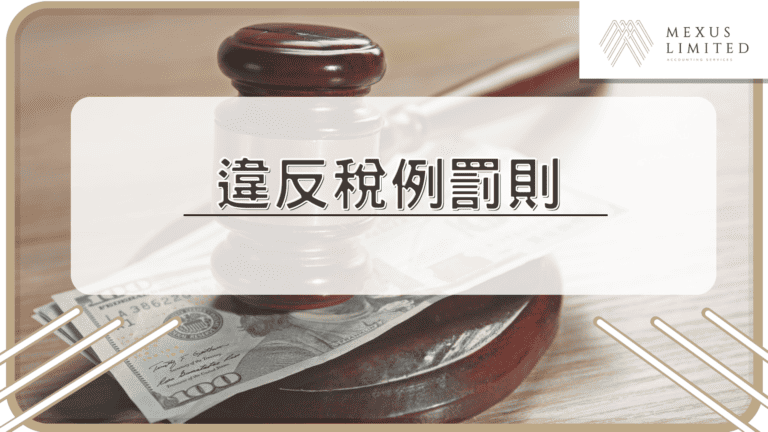Interpretation of the Companies Ordinance: Directors’ Obligation of “Fair Dealing”?
The Companies Ordinance is the HKSAR Government’s primary law governing the conduct of companies, and Part 11 of the Ordinance provides for the principle of “fair dealing” by directors. But what does “fair dealing” actually mean? And how should directors fulfill this obligation? Let’s take a closer look.
Fair Dealing: Definition and Analysis
“Fair Dealing” is an important provision in the Companies Ordinance, the main purpose of which is to ensure that directors exercise their powers fairly and impartially in the best interests of the company. Specifically, this requires that directors must not take sides in making decisions and must avoid conflicts of interest.
Directors’ “fair dealing” obligations
Under section 465 of the Companies Ordinance, directors are obliged to observe the principle of fair dealing, which has three main aspects:
Obligation of loyalty: Directors must be loyal to the company and put the interests of the company first. They must not jeopardize the interests of the company for personal gain.
Duty of Diligence: Directors must conduct the affairs of the company with due care and diligence and be prudent and responsible in making decisions.
Fairness in dealing with conflicts of interest: Where a director has a potential conflict of interest, he or she should deal with it openly and appropriately.
How to implement the principle of “fair dealing”?
To be “fair”, a director needs to remain vigilant in ensuring that he or she acts in accordance with the law. Here are a few specific ways to implement it:
Transparency: All decision-making processes should be open and transparent to avoid any suspicion of conflict of interest.
Impartial decision-making: Directors should consider all relevant factors when making decisions and ensure that decisions are fair and equitable.
Proper handling of conflicts of interest: In the event that a conflict of interest arises, directors should disclose it immediately to other directors and refrain from participating in the decision-making process.
Case Study: Practical Application of the Fair Dealing Principle
To better understand the principle of “fair dealing”, let’s look at a practical case. Assuming that a director of a company is also a shareholder of another supplier, the director may face a conflict of interest in the company’s choice of supplier.
According to the principle of “fair dealing”, he should fully disclose his interest to the other directors and refrain from participating in the decision-making process to ensure the impartiality and fairness of the decision.
“Fair Dealing and Corporate Governance
The principle of “fair dealing” is closely related to corporate governance. A good corporate governance structure ensures that directors can effectively fulfill their “fair dealing” obligations. For example, independent directors can provide an objective perspective to help the company manage and monitor conflicts of interest, while internal control and audit systems can ensure that the company’s decision-making process is open and transparent and prevent unfair behavior.
Supplementary Information:
If you would like to know more about “Fair Dealing by Directors”, please refer to the following links:
New Companies Ordinance (Cap. 622) – Summary – Fair Dealing by Directors
Independent Commission Against Corruption – A Practical Guide to Directors’ Integrity The above information is for reference only. If you have any enquiries on tax return (personal tax return, corporate tax return, accountant tax return), we welcome you to contact our professional advisors and will provide you with a free quote and consultation service in due course.



